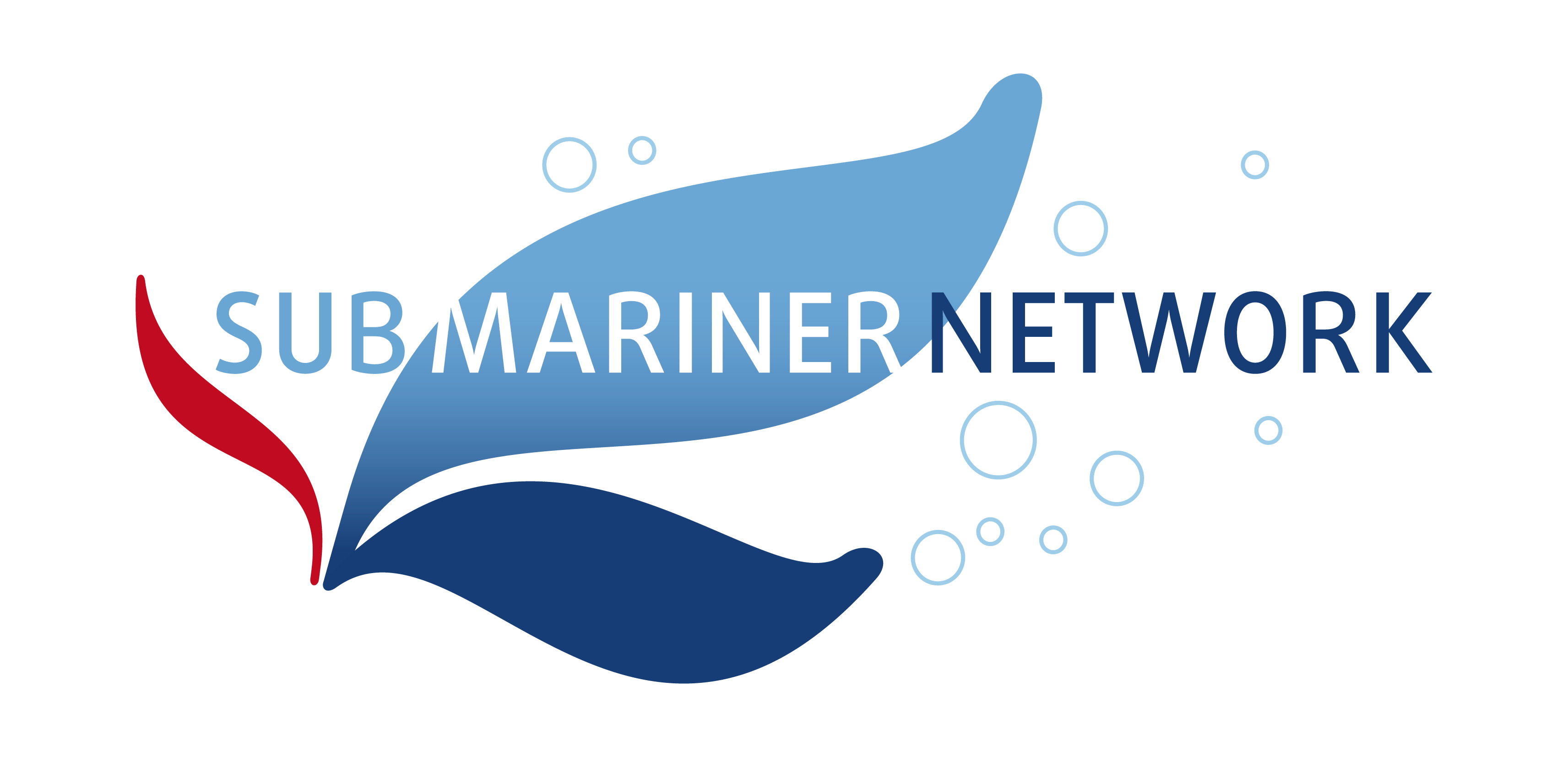The Action Plan focuses on the following nine MU combinations, which were found to be of highest relevance across Europe:
1) Tourism, fisheries & environmental protection
2) Tourism, underwater cultural heritage & environmental protection
3) Tourism and aquaculture
4) Offshore wind farm and tourism
5) Offshore wind farm and fisheries
6) Offshore wind farm and aquaculture
7) Oil and Gas and Decommissioning – Repurposing
8) Offshore wave energy and aquaculture
9) Offshore wind and marine renewable energy
The degree of connectivity between different maritime uses can vary with respect to spatial, temporal, provisioning and functional dimensions – ranging from two uses merely sharing the ‘same’ maritime space to shared platforms and other infrastructure. In the definition provided by the MUSES project, MUs are therefore not limited to joint use of installations, but also encompasses joint activities.
Ideally the joint use of two maritime activities is planned as part of the same process (joint development). In some cases, however, it is also possible to develop MU by integrating a second use with an already existing use (staggered development). The higher the level of connectivity, the higher the need is for the two or more maritime activities to coordinate right from the beginning.
A related issue concerns whether a primary user exists (e.g. a user who has been given primary rights to a certain maritime zone, has an existing permit or whose use is already fully developed). In such cases, the secondary user needs a legislated claim for using the primary user’s priority areas, and only if their use has been proven not to be detrimental. This leads to a power imbalance between the primary and secondary users. However, even when the two uses are developed and operated by the same entity, existing legislation often hampers MU as the two regimes established for each single use often contradict each other.


